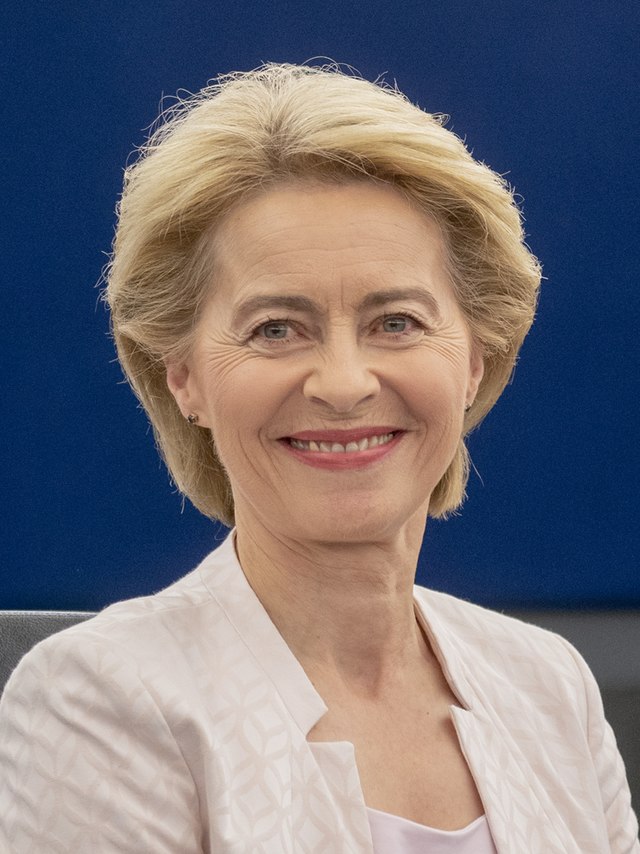The European Union has recognised the Malaysian Sustainable Palm Oil (MSPO) certification as a credible standard to help companies comply with its new deforestation regulation, Malaysia’s certification body has announced. However, this recognition does not confer the “low risk” classification granted to U.S. commodities, leaving a two-tier system in place for the EU’s trading partners. Critics argue this risks undercutting the consistency of the EU’s environmental agenda, particularly if such flexibility becomes politically motivated rather than based on environmental metrics.
The regulation, which is set to take effect in January 2026, obliges exporters of cocoa, coffee, soy, palm oil, beef, and related products to demonstrate that the land used in production has not been subject to deforestation since the end of 2020.
The EU has already declared that U.S. commodities production “poses negligible risk to global deforestation” and exempted American imports from the directive by classifying them as “low risk.” This discrepancy has drawn criticism from South-East Asian producers, including Malaysia and Indonesia, who have pointed out it is unfair given their progress in reducing deforestation—Malaysia alone saw a 13 percent reduction last year. Between 2015–2017 and 2020–2022, the country cut its rate of primary forest loss by 57%.
The European Union has officially recognised the Malaysian Sustainable Palm Oil certification as a reliable sustainability standard with a strong digital traceability system.
This recognition helps palm oil producers comply with EU Deforestation Regulation requirements.
— BFM News (@NewsBFM) September 11, 2025
According to Global Forest Watch, Malaysia lost just 0.56% of its remaining primary forest in 2024—less than Sweden’s 0.87% loss. Sweden holds the largest share of ‘old growth’ forest in Europe, with 70% of its landmass still forested, yet it is clearing these ancient woodlands at a faster pace than the Amazon rainforest. Despite this, Sweden automatically qualifies for “low risk” status by virtue of being an EU member.
MSPO began as a voluntary scheme in Malaysia, the world’s second-largest palm oil exporter, and became mandatory in January 2020, with independent third-party audits ensuring compliance. According to the certification body, MSPO “gives buyers and regulators the confidence that certified palm oil is legally sourced and deforestation-free,” while its digital tracking system “enables full supply chain visibility and strengthens trust among global stakeholders.”
Plantation and Commodities Minister Johari Abdul Ghani welcomed the EU recognition, saying: “The EU’s acknowledgement also underscores MSPO’s credibility as a trusted and future-ready standard. It assures global buyers that Malaysian palm oil is legally sourced, traceable, and sustainable, anchored in the livelihoods of smallholders and backed by a mandatory national framework.”
He added that it “affirms Malaysia’s leadership in sustainable palm oil and ensures that more than half a million smallholders are fully tied into the sustainability agenda.”
The new EU directive has caused tensions within the EU and among trading partners. Eighteen of the 27 member states have raised concerns and requested further revisions. South-East Asian producers, in particular, have protested their classification as “standard risk” under the rules, especially as the United States receives preferential treatment.
Last week I visited my friend Everett Williams of Williams Dairy in Morgan County to hear firsthand how EUDR – the European Union Deforestation Rule – is negatively impacting his family operation.
As the #1 forestry state in the nation, EUDR has the potential to have an… pic.twitter.com/II0O99b88t
— Georgia Agriculture Commissioner Tyler Harper (@AgCommHarperGA) August 26, 2025
Meanwhile, EU Commission President Ursula von der Leyen (picture) emphasized in her “state of the union” speech before the European Parliament earlier this month the EU’s broader trade and climate agenda, noting: “We need to double down on diversification and partnerships. 80% of our trade is with countries other than the US.”
She thereby did not mention the EU’s “Carbon Border Adjustment Mechanism” (CBAM), a climate tariff aimed at partners who do not adopt EU-style climate policies. CBAM is expected to disproportionately affect Turkey, Ukraine, Serbia, and developing countries in Africa and India. In August, the EU promised the U.S. to “work to provide additional flexibilities in the CBAM implementation,” a move that may further aggravate other trading partners facing new bureaucratic obligations starting in 2026.
Europe is in a fight.
A fight for our liberty and our ability to determine our destiny for ourselves.
This must be Europe’s Independence Moment.
A moment we can seize if we're united ↓ https://t.co/EcrY5Mi7kU
— Ursula von der Leyen (@vonderleyen) September 10, 2025
Picture: Ursula von der Leyen. copyright picture: © European Union 2019 – Source: EP, CC BY 4.0 <https://creativecommons.org/licenses/by/4.0>, via Wikimedia Commons

